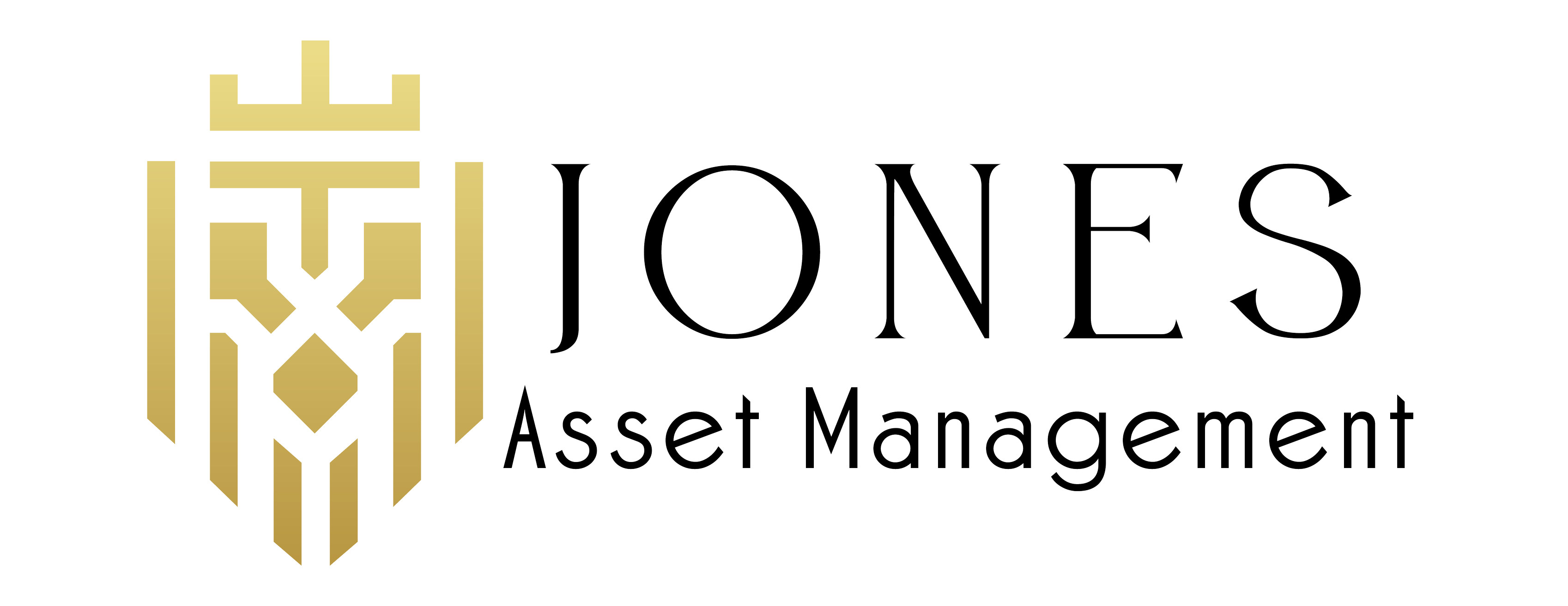One of the most frequent decisions faced by property owners in the dynamic world of real estate is whether to sell, rent, or lease out their space. The choice is vital because each of the three possibilities has pros and downsides to take into account. We will examine the benefits and drawbacks of selling, renting, and leasing in this article, offering our thoughts on which might be the more profitable choice in the present market.
Selling
Pros of Selling
-
Financial Gain
Selling a property can result in a substantial financial gain, especially if the property has appreciated in value over time. Homeowners can capitalize on this appreciation and potentially make a profit from the sale. This influx of cash can be utilized for other investments or personal financial needs.
-
Market Timing
Property owners can benefit from excellent market conditions by selling their property. When there is a shortage of inventory and a strong demand for real estate, properties typically sell faster and for more money. A successful transaction can be increased and the selling price can be maximised by timing the sale appropriately.
-
Less Involvement
Selling a property requires less ongoing involvement compared to renting or leasing. Once the sale is complete, homeowners can move on without the responsibilities of being a landlord or dealing with property maintenance and tenant management. This can provide a sense of relief and allow homeowners to focus on other aspects of their lives.
Cons of Selling
-
Emotional Attachment
For many homeowners, selling a property can be an emotional process. The property may hold sentimental value or memories, making it difficult to let go. This emotional attachment can sometimes cloud judgment or make it difficult to negotiate effectively during the selling process.
-
Market Volatility
The real estate market is subject to fluctuations, and accurately predicting market trends can be challenging. Selling a property in a buyer’s market, where there is more supply than demand, may result in a longer time on the market and potentially selling at a lower price. Homeowners may need to be patient and flexible during these market conditions.
-
Transaction Costs
There are several transaction fees associated with selling a property, which may affect the final profit. These expenses could cover transfer taxes, closing costs, real estate agent charges, and any repairs or improvements required to get the property ready for the market. These costs should be taken into account by homeowners when estimating their possible profit from the sale.
-
Relocation and Housing Search
Selling a property means finding a new place to live, which can be a time-consuming and sometimes stressful process. Homeowners need to plan for the transition, including finding suitable housing options, coordinating moving logistics, and potentially dealing with the complexities of timing the sale and purchase of a new property.
Renting
Pros of Renting
-
Flexibility
Renting provides flexibility in terms of location and living arrangements. Tenants have the freedom to choose a property in a preferred neighbourhood or proximity to work or school. They can also easily relocate when their lease term ends, without the burden of selling a property or dealing with the complexities of home-ownership.
-
Lower Financial Commitment
Compared to buying a property, renting involves a smaller down payment. In most cases, tenants pay less each month for their rental and security deposit than they would for a mortgage, property taxes, and upkeep involved with owning a home. Because of this, renting becomes a desirable choice for people who have little savings or who would rather use their money elsewhere.
a. Limited Maintenance Responsibility: One of the benefits of renting is that the landlord or property owner is responsible for most property maintenance and repairs. Tenants are relieved of the financial and time-consuming burden of tasks such as fixing plumbing issues, repairing appliances, or handling structural repairs. This allows tenants to focus on other priorities without worrying about unexpected maintenance expenses.
b. Access to Amenities: Many rental properties, especially in apartment complexes or gated communities, offer access to a range of amenities. These can include fitness centres, swimming pools, laundry facilities, parking spaces, and security services. Enjoying these amenities without the responsibility of maintenance or additional costs adds convenience and enhances the overall renting experience.
Cons of Renting
-
Limited Control and Personalization
Renting a property often comes with restrictions on customization and personalization. Tenants may be prohibited from making significant modifications to the space or may require landlord approval for any alterations. This limitation can hinder individuals from fully expressing their personal style or adapting the space to meet specific needs.
-
Lack of equity
Tenants do not accumulate equity in the property they rent, in contrast to homeowners. The landlord receives all of the money from rent payments. Tenants also lose out on the possible financial benefits of owning a property, including value growth and the opportunity to use the asset as collateral for other investments.
-
Uncertainty and Rent Increases
Renters face the possibility of annual rent increases at the end of each lease term. Landlords may decide to raise the rent based on various factors, including market conditions or property improvements. This uncertainty makes it challenging for tenants to plan their long-term budgets and can affect their ability to save for other financial goals.
-
Lack of Stability
Renting a property does not provide the same level of stability as home-ownership. Tenants are subject to potential instability due to factors beyond their control, such as changes in ownership, the landlord’s decision not to renew the lease, or the property being sold. This lack of stability can disrupt personal or professional plans and necessitate frequent relocations.
Leasing
Pros of Leasing
-
Flexibility
Leasing provides flexibility in terms of the duration of the lease. This is especially beneficial for individuals or businesses that may have uncertain future plans or anticipate relocating in the near future. Leasing allows for shorter lease terms, typically ranging from six months to a few years, providing the freedom to adapt to changing circumstances.
-
Lower Financial Commitment
When it comes to making a financial commitment, leasing is far less than buying a property. A security deposit and monthly rental payments are needed when renting a property, and these amounts are typically less than what a mortgage, property taxes, and maintenance fees would cost. Because of this, leasing is a desirable choice for people who have little money or would rather use it for other ventures.
-
Reduced Maintenance Responsibility
One of the benefits of leasing is that the responsibility for property maintenance and repairs typically falls on the landlord or property owner. This relieves tenants from the burden of costly repairs, giving them peace of mind and saving them both time and money.
-
Access to Amenities
Many leased properties, particularly in commercial settings or apartment complexes, offer access to various amenities. These can include fitness centres, swimming pools, parking spaces, security services, and more. Enjoying these amenities without the responsibility of maintaining them adds convenience and value to the leasing experience.
Cons of Leasing
-
Limited Control and Customization
When leasing a property, tenants generally have limited control over the space. They may be restricted from making modifications, personalizing the property, or conducting certain activities. This lack of control can be restrictive for individuals or businesses seeking a space that reflects their specific needs and branding.
-
Uncertainty of Future Costs
At the conclusion of each lease term, rental costs could go up. Rent increases by landlords have the potential to affect tenants’ long-term financial planning and budget. Tenants find it difficult to precisely project their future expenses and financial commitments as a result of this uncertainty.
-
Lack of Equity and Investment Potential
Unlike homeowners, tenants do not build equity in the property they lease. Rent payments solely contribute to the landlord’s investment. This lack of equity accumulation means tenants miss out on the potential financial gains that come with property ownership, such as appreciation in value and the ability to leverage their property for future investments.
-
Limited Long-Term Stability
Leasing does not provide the same level of long-term stability and security as property ownership. Tenants are vulnerable to factors beyond their control, such as changes in property ownership, economic conditions, or the landlord’s decision not to renew the lease. This lack of stability can disrupt personal or business plans and necessitate frequent relocations.
Current Market Considerations
-
Market Conditions
Assessing the current real estate market conditions is crucial when deciding among selling, renting and leasing. In a seller’s market, where demand exceeds supply, selling may be more lucrative due to higher property values and a faster sales process. Conversely, in a buyer’s or renter’s market, renting and leasing can be more advantageous, as they allow homeowners to generate income while waiting for market conditions to improve.
-
Location and Demand
Location plays a vital role in determining profitability. In high-demand areas, where rental properties are scarce, renting and leasing can yield higher rental rates and occupancy rates. Conversely, in areas with limited buyer demand, selling may be more challenging, leading to a longer time on the market and potential price reductions.
-
Financial Goals and Flexibility
Homeowners need to think about how flexible they want to be and their financial objectives. Selling yields a lump sum of money that can be used for personal expenses or other investments. Conversely, renting and leasing provides recurring revenue but restricts quick access to a sizeable sum of money.
Ultimately, homeowners should carefully evaluate their circumstances and consult with real estate professionals like the best property management company in Bangalore, Jones Asset Management, to make an informed decision. It’s important to remember that market conditions can change, and what may be more lucrative in the current market may not hold true in the future.


